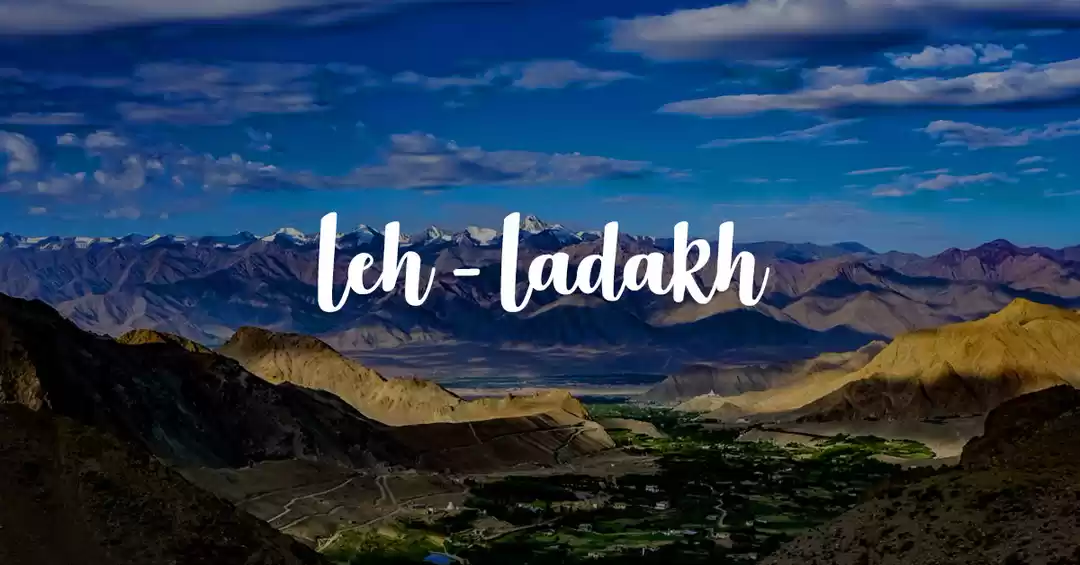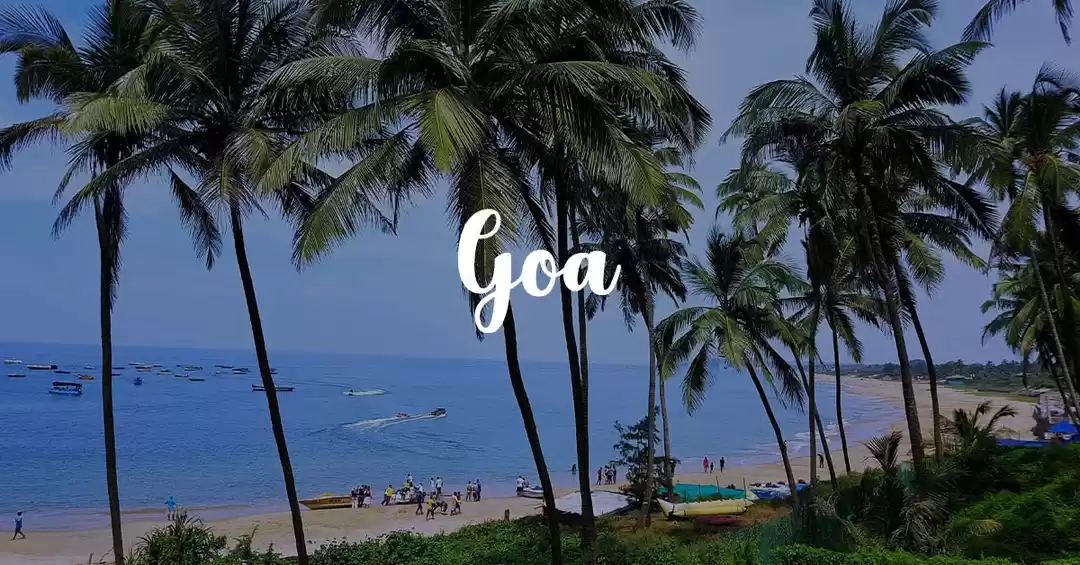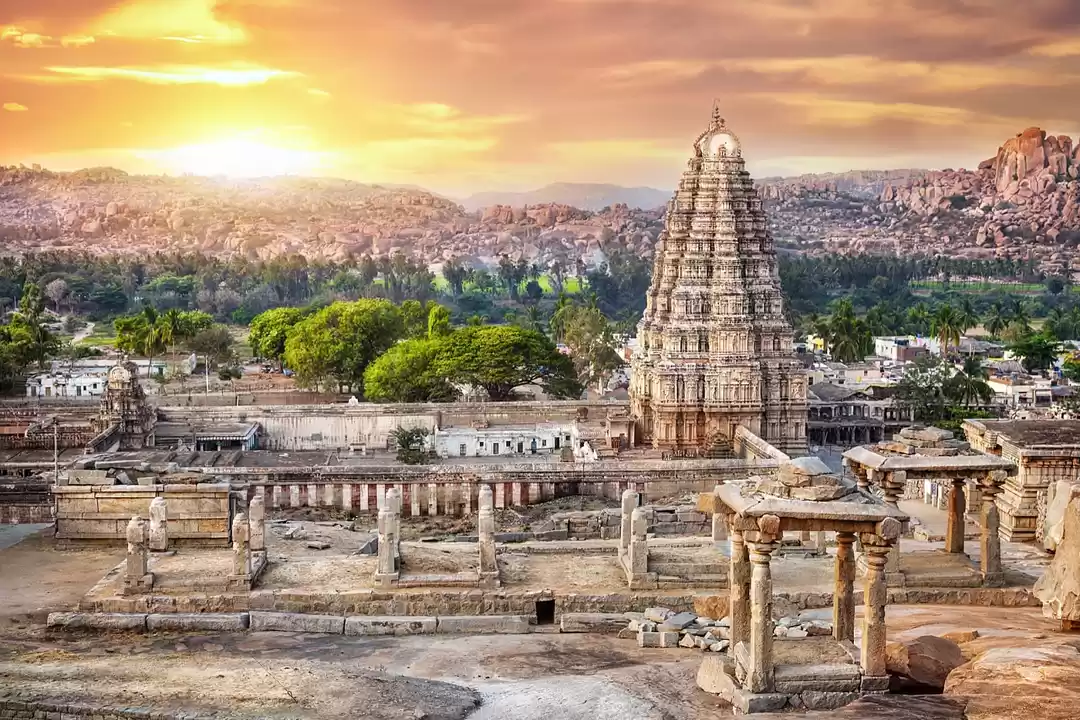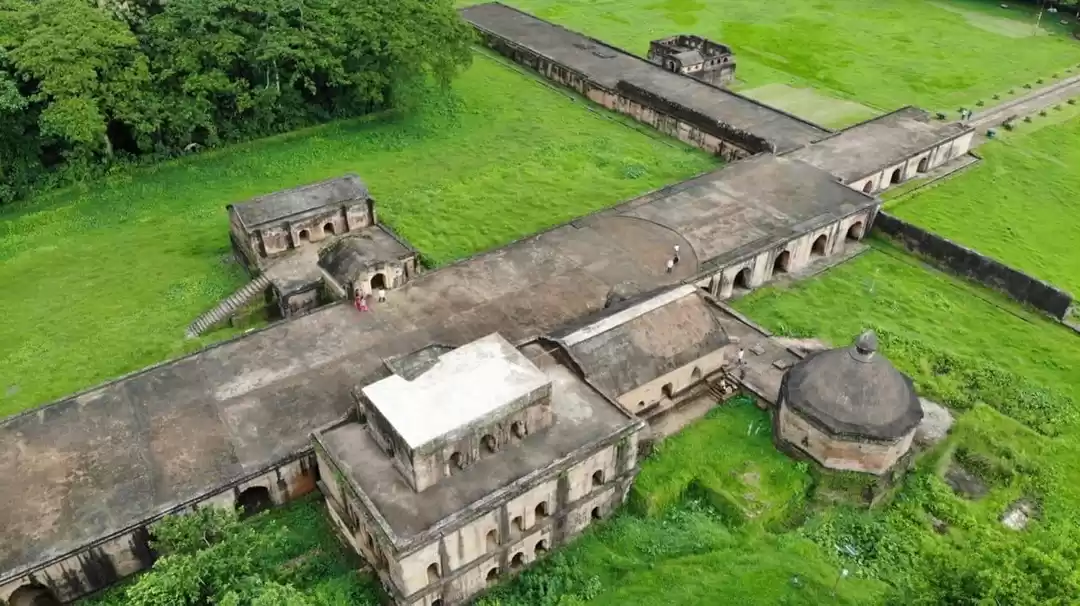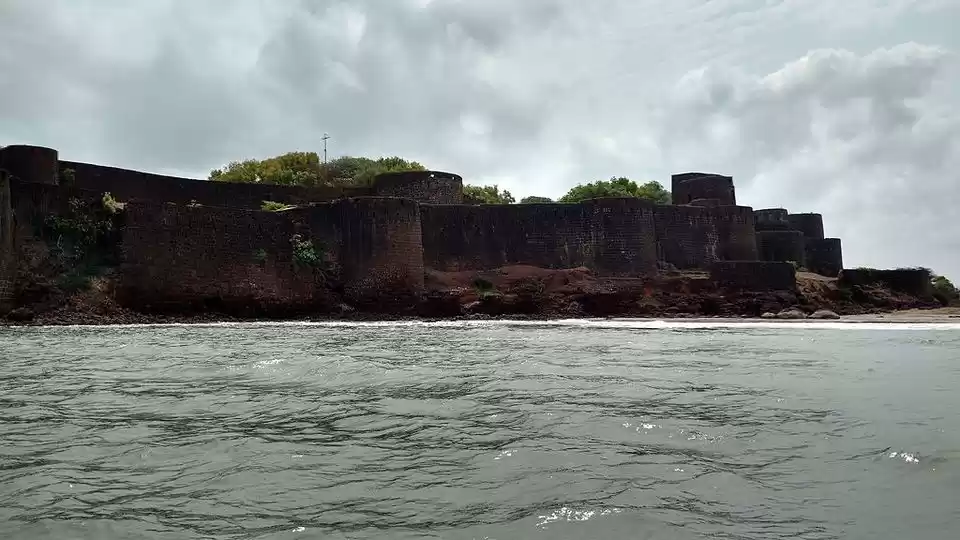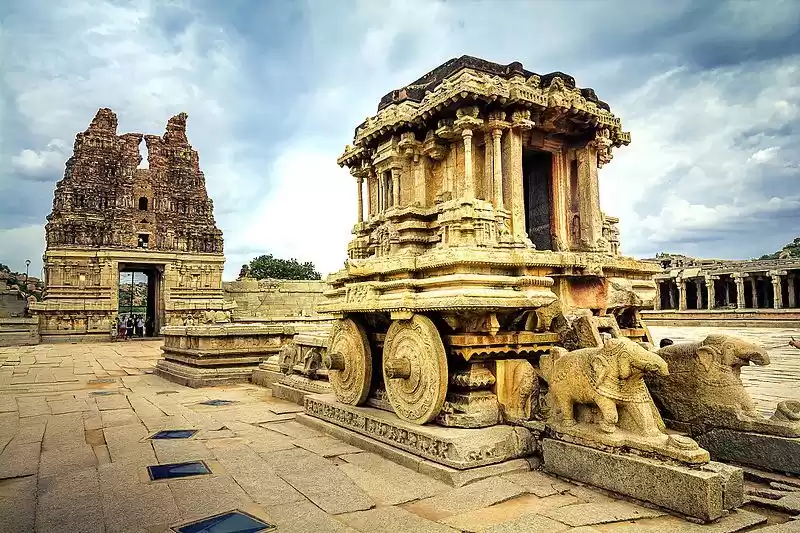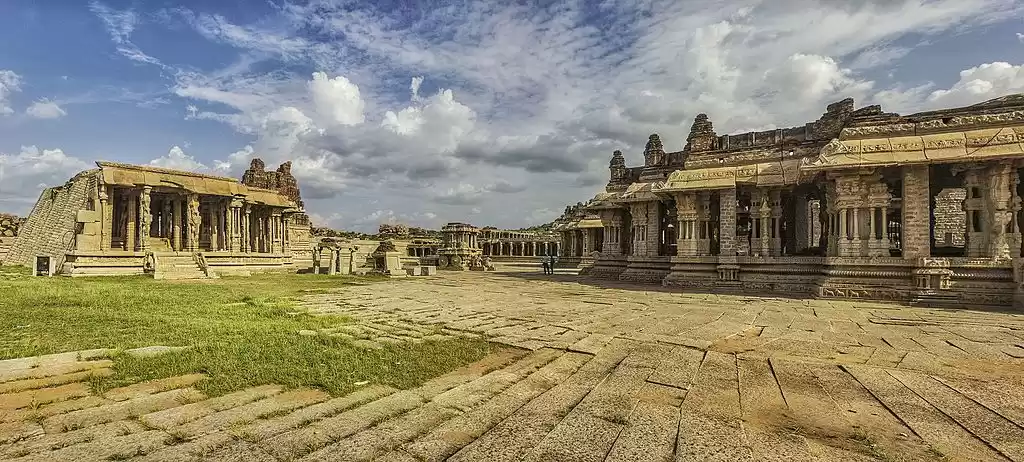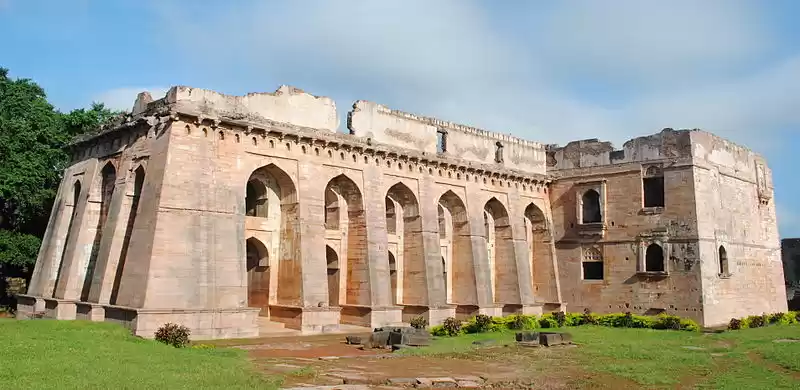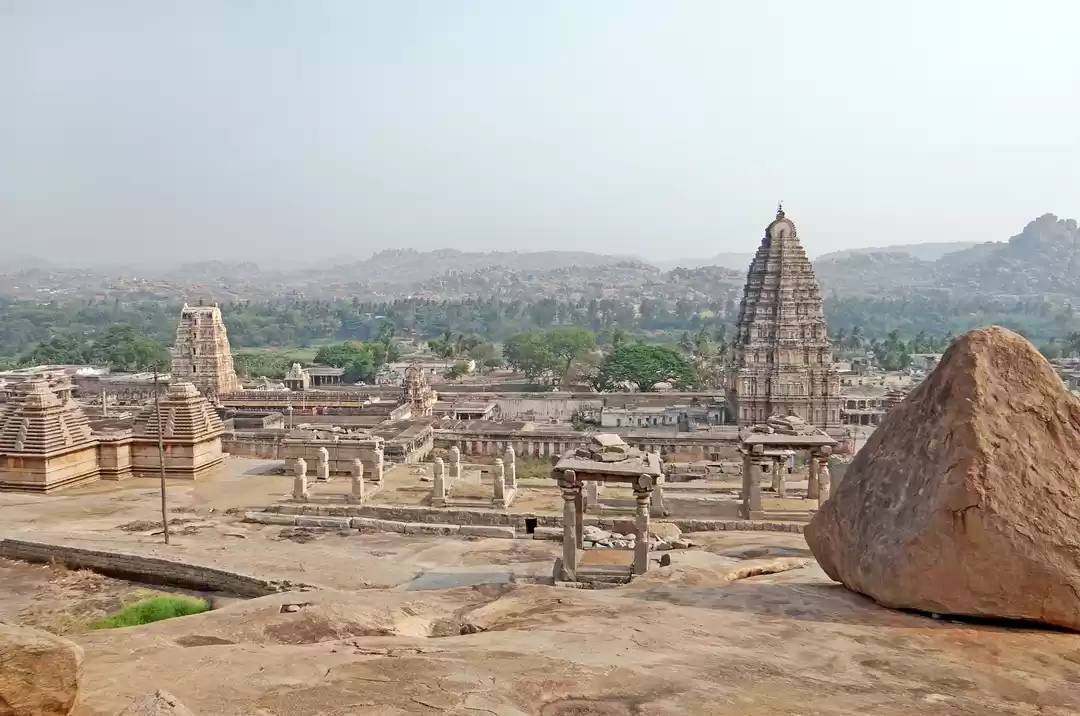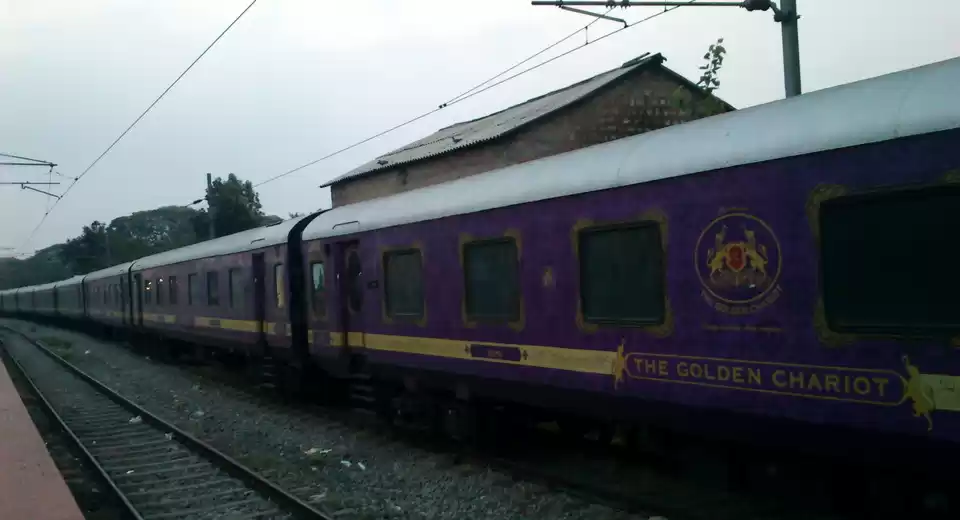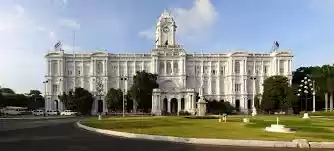
History is the most important teacher! Well most of us would've hated history in school, since we were made to cram that stuff. But in reality, the history of India is by far one of the most "happening" in the world. Through millenia, India has seen the coming and going of empires and kingdoms, each having their stronghold and some of them having spread out their influence far and wide. After the Mauryan Empire, the Mughals are said to have had the largest spread in the sub-continent. It is common belief that the Mughal empire ruled all of India before the British Raj. However, there were parts of what we know as India, today, that have never been conquered by the Mughals. These parts of India, have had their unique style of architecture that is visible in the monuments even today.
Talatal Ghar, Rangpur (Assam)

Built between 1751 - 1769 CE, this was the palace of the Ahom Kings, who successfully kept the Mughals at bay. This structure has seven floors including two tunnels and three underground floors that were built to facilitate emergency evacuation for the King and his army in times of crisis. This is the largest surviving monument of the Tai Ahom style.
Shaniwaar Wada, Pune

The palace of the Peshwas, built in 1732, this imposing structure played a critical role in the history of India in the 18th century. The Maratha empire was one such formidable force that kept the Mughals in check and later was largely responsible for the decline of the Mughal empire in India. This imposing structure was largely destroyed in a fire, but the outer fortifications exist till date, and is a key attraction for anyone visiting Pune. It is believed to be haunted, and hence may pique the interests of thrill seekers too.
Sindhudurg and Vijaydurg, Maharashtra

The twin sea forts of Vijaydurg and Sindhudurg are two of the most formidable forts of the Maratha Empire. Vijaydurg is the oldest fort on the Sindhudurg cost built in the late 13th century and restructured by Chatrapati Shivaji Maharaj. These two sea ports are also proof of the formidable naval prowess of the Marathas. Sindhudurg is spread across 48 acres with walls that stand up to 30 feet high, this impressive fort provides breathtaking views of the Arabian Sea.
Brihadishvara temple, Thanjavur, Tamil Nadu

One of the largest temples of South India, built by the Chola dynasty in the 11th century CE, the Brihadishvara temple is dedicated to Lord Shiva. Today this monument is enlisted in the UNESCO World Heritage Site as the Great Living Chola temples. It is one of the best examples of Tamil architecture. One of the most visited places in Tamil Nadu, this temple houses one of the largest Shiva lingams in all India, hence making it a place of religious and historical interest. Thanjavur was never conquered by the Mughals.
The Rock Temples of Mahabalipuram, Tamil Nadu

This collection of rock temples were built by the Pallava dynasty between 7th and 8th century CE. Located 60 kms south of Chennai, these temples are a UNESCO World Heritage Site. With over 40 monuments, this site is a history and archeology lover’s paradise. The group of monuments consists of monolithic chariot temples, cave temples, rock reliefs, and stone cut temples.
Padmanabhapuram Palace, Nagercoil, Tamil Nadu

The erstwhile capital of the Travancore kingdom, this palace was constructed around 1600 CE and continued to be the centre of the Travancore kings till late 18th century. The palace complex is one of the best examples of traditional Kerala architecture. An old granite fortress encircles this palace complex. Located close to Nagercoil town, in present day Tamil Nadu, this monument is maintained by the government of Kerala.
These monuments have weathered the test of time, and stand tall even today, exemplifying the glorious history of this land, we can so proudly call Mera Shandar Bharat!
This August, Tripoto is celebrating the beauty of India. Check out 'Mera Shandar Bharat' - Safar Anokhey India Ka' to explore all that makes us proud of our country.
Follow Tripoto on Telegram to get early access to top travel stories every day.
Share your stories on Tripoto’s Clubhouse channel!











